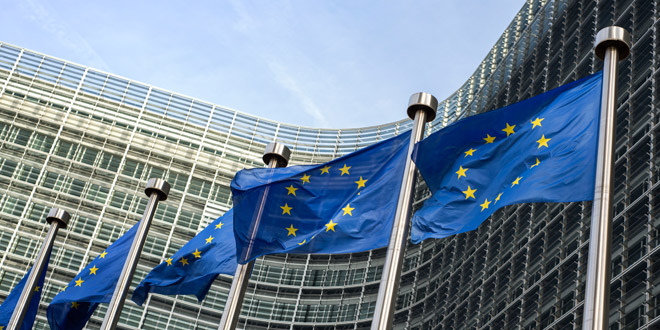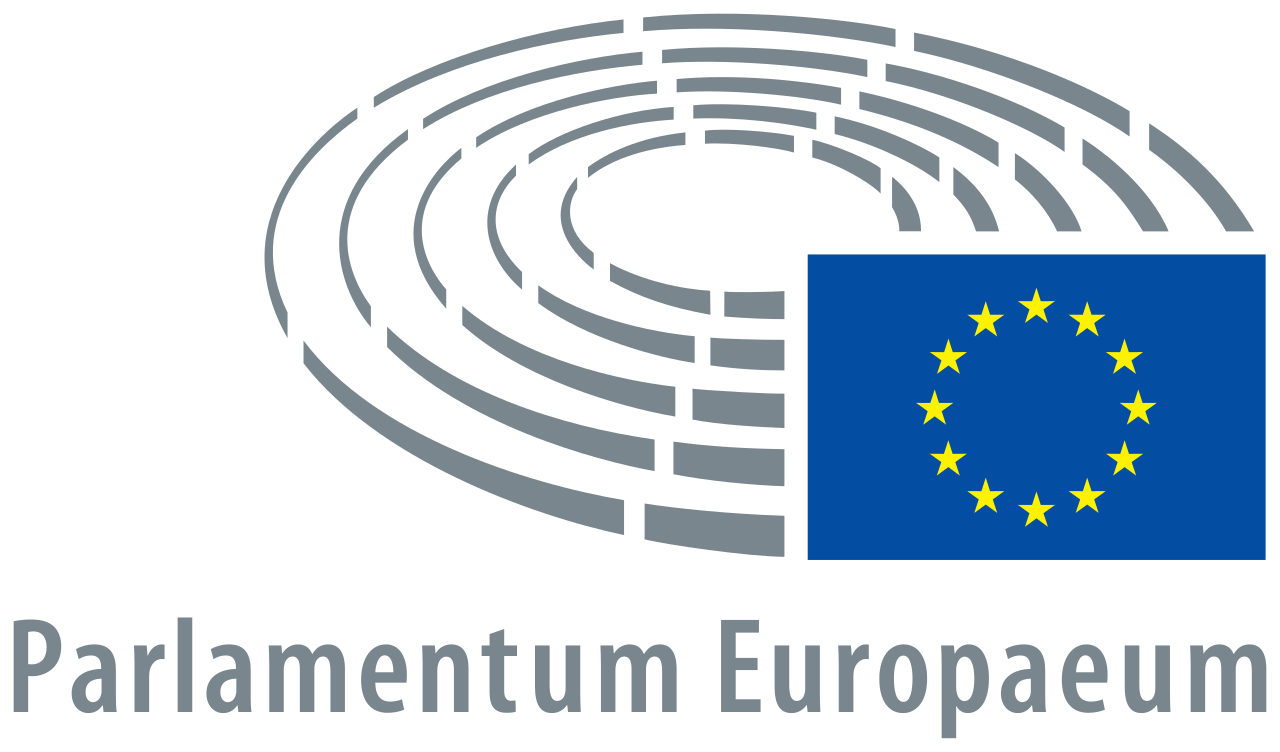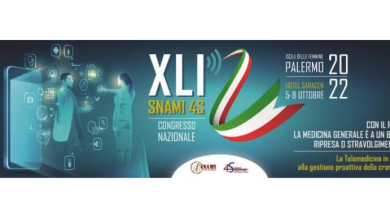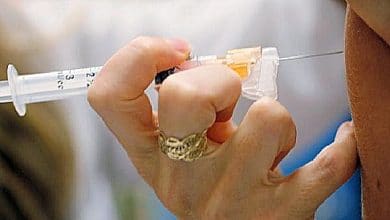
Pre- and post-sales manufacturers' facility sample inspections, additional safety check procedure and implant bearer card. These are the main points of the new regulation issued by the European assembly
Of Aboutpharma Online editorial staff – April 5, 2017 – Aboutpharma
Parliament today approved stricter rules to ensure that medical devices, such as breast or hip implants, are traceable and comply with safety requirements. The deputies  have approved more stringent regulations in terms of safety also on in vitro diagnostic medical devices, used in pregnancy and DNA tests.
have approved more stringent regulations in terms of safety also on in vitro diagnostic medical devices, used in pregnancy and DNA tests.
Both texts have already been informally agreed with the EU Council of Ministers. “This is the final version of the document – comments Vincenzo Salvatore, Of Counsel of BonelliErede – which will go into the Official Gazette in the coming weeks. The first element of novelty is that before the matter used to be regulated by directives, now it will be regulated by regulations and we will have uniform rules in all the Member States – continues Salvatore – moreover simplifies the regulatory framework“. Everyone will apply the same rules. “The metal-to-metal hip scandal has highlighted the weaknesses of the current system. We have therefore introduced stricter requirements for the bodies that authorize medical devices and will insist on particularly high-risk devices, such as implants, joint replacements or insulin pumps, are subject to additional expert assessments before they are authorised,” said medical device rapporteur Glenis Willmott (S&D, UK).
But there will be even more after-sales surveillance and patient information. “We have also agreed to a much more effective aftermarket surveillance system so that any unexpected problems are identified and resolved as soon as possible,” added Wilmott.
Salvatore underlines that each device will also have an identification number which will trace the operation of the device throughout its "life".
The approved standards provide for:
- Spot inspections of manufacturers' facilities after devices are on the market;
- Tighter controls on notified bodies, who are authorized to carry out the certification procedures, who will have to hire medically qualified personnel;
- An additional security check procedure of high-risk devices such as implants or HIV tests by an expert committee. “A series of requisites known to medicinal products, but unknown to medical device manufacturers, are included”, continues Salvatore who is keen to underline that the regulatory procedures of pharmaceuticals are not adopted in the field of devices;
- A “tbe for the implant bearer” which will allow patients and doctors to monitor the implanted product (similar to a patient information leaflet).
- Clinical safety data of medical devices that must be supplied by manufacturers (such as for medicines), especially in the case of higher risk classes (accessible by patients).
 A separate law will also ensure that the new rules will also apply to in vitro diagnostic medical devices, i.e. those not in direct contact with the patient, but which provide health information, such as HIV, DNA or blood analysis devices. “We have learned the lesson from scandals such as the one of defective breast implants,” said the rapporteur of the text on in vitro diagnostic medical devices, Peter Liese (EPP, Ge). “There have also been problems in other areas, for example with stents implanted in the brain or unreliable HIV tests. The new regulation is good for patients, it spells an end to fraudulent and suspicious manufacturers and thus also strengthens reputable manufacturers,” he added.
A separate law will also ensure that the new rules will also apply to in vitro diagnostic medical devices, i.e. those not in direct contact with the patient, but which provide health information, such as HIV, DNA or blood analysis devices. “We have learned the lesson from scandals such as the one of defective breast implants,” said the rapporteur of the text on in vitro diagnostic medical devices, Peter Liese (EPP, Ge). “There have also been problems in other areas, for example with stents implanted in the brain or unreliable HIV tests. The new regulation is good for patients, it spells an end to fraudulent and suspicious manufacturers and thus also strengthens reputable manufacturers,” he added.
Finally, the legislation requires Member States to inform patients about the consequences of DNA tests. “It is important that Member States fulfill this obligation. We will be very vigilant on this matter”, said rapporteur Liese.
Now comes the transitional period, of three years for the implementation of the regulations for ordinary devices and of five for those in vitro. If a country fails to implement the regulations thus envisaged, the infringement procedure by the European Commission for violation of European Union law will be triggered.
Related news: Medical devices: more safety and traceability
Texts approved (2012/0266(COD); 2012/0267(COD)
Safer medical devices: MEPs strike deal with Council
Medical devices: better controls and traceability to ensure patients' safety





